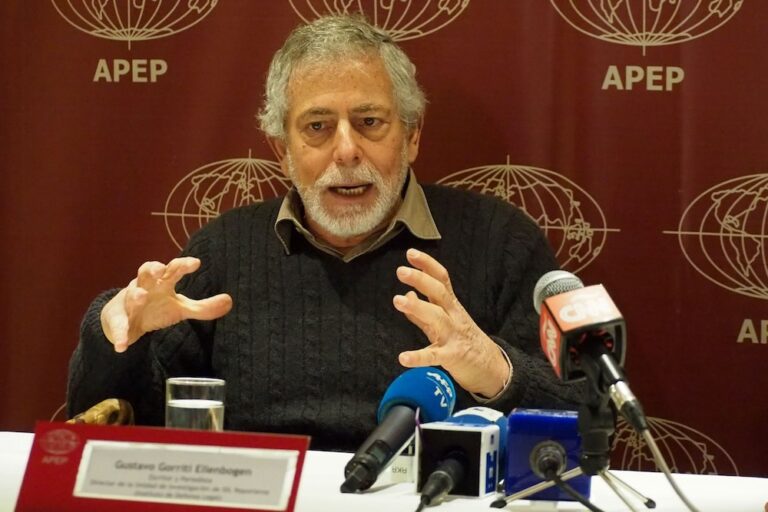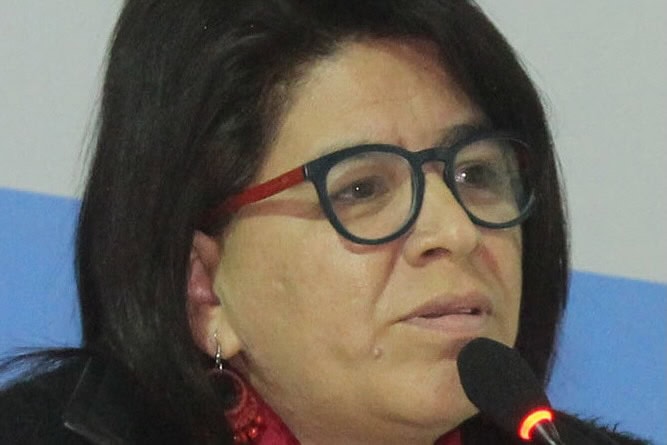Frequencia Latina TV "Punto Final" programme reported that journalist Roberto Ramírez and his cameramen, Jorge López and Orlando Cánepa, received death threats after broadcasting a video that shows the involvement of the provincial mayor of Talara in acts of corruption.
On 21 April 2013, Frequencia Latina TV “Punto Final” program reported that journalist Roberto Ramírez and his cameramen, Jorge López and Orlando Cánepa, received death threats after broadcasting, a week earlier, a video that shows the involvement of the provincial mayor of Talara, Rogelio Trelles, in acts of corruption. Trelles also filed a writ of habeas corpus to prevent, unsuccessfully, the second part of the report from being broadcasted. The program is broadcast from Lima, capital city of Peru.
The complaint was made public by the director and presenter of “Punto Final”, Nicolás Lúcar, before broadcasting the report “Corruption in Talara”, stating that the habeas corpus, which he called “shameful”, had been filed by Trelles in a court of Callao, Lima. Talara is a province in the Piura Region of northern Peru.
The first part of Ramírez’s report shows a video, filmed with a hidden camera, in which Trelles talks with a contractor about the 210 thousand soles (approx. US$80,370) that had allegedly been paid – as a bribe – for the award of a contract, and in which the mayor also mentions two other large sums, S/.70 thousand (approx. US$26,790) and S/.85 thousand (approx. US$32,530) that he received as unusual payments.
Despite the strength of the evidence and that a more direct indictment was expected from the Prosecutor’s Office, Mayor Trelles will only undergo a preliminary investigation that should take 40 days. The investigation will be carried out by a new prosecutor who only took on the role a few days after the broadcast of the explosive report, Pedro López. He has requested in writing that the journalist should hand over his visual and written material and has also insisted twice that he should reveal the name of his source, ignoring the right of protection of journalistic sources.
Ramírez told IPYS that the first time he went to Talara he received threats from subjects who walked near him and his cameramen, telling them to beware because they were going to hurt them. Once a man on a motorcycle approached them making a gesture as if to pull a gun from his jacket, but what he actually had were papers with the names of journalists who allegedly work for the mayor.
IPYS’s legal advisor, Roberto Pereira, believes that habeas corpus is not the correct procedure to discuss the right to honor. The mere fact that the mayor is trying to prevent the broadcasting of content and is saying that he should not be investigated journalistically because he is an authority, is manifestly unlawful because it involves preemptive censorship, a clear affront to free speech.


